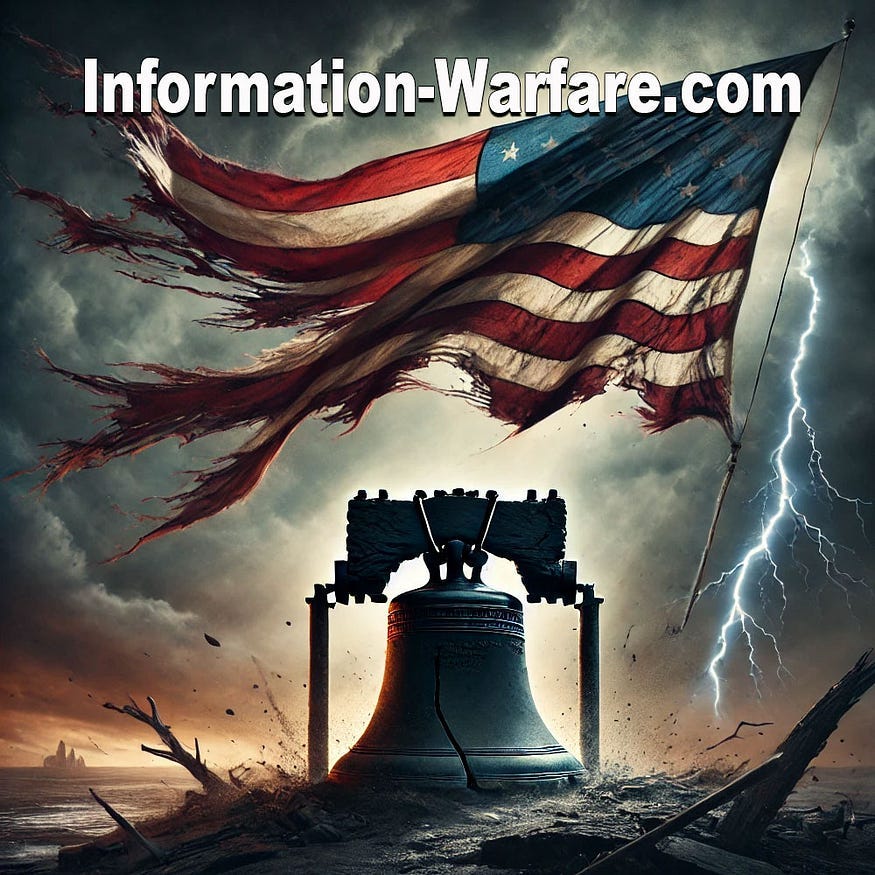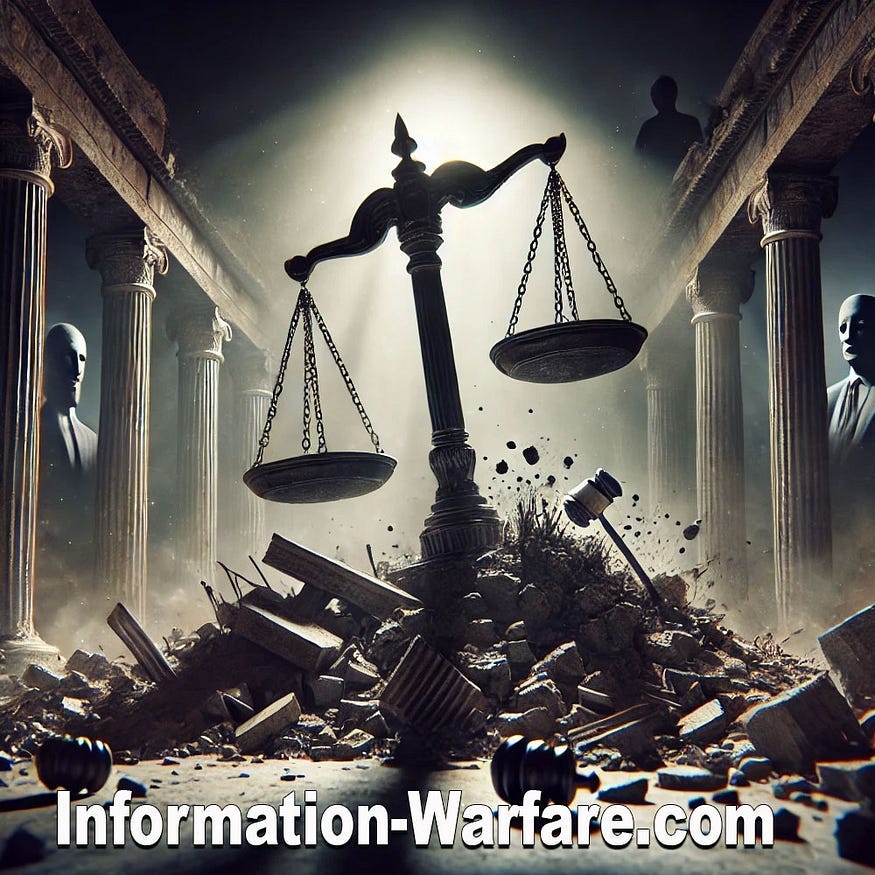An American Warning
The Alarming Willingness of Some Americans to Follow an Authoritarian Leader into Autocracy

It should never be forgotten — nor underestimated — how a significant portion of the American populace was willing to follow an authoritarian leader down the perilous path to autocracy. The rise of Donald Trump, an individual who exhibited clear authoritarian tendencies and whose connections to foreign adversaries were well-known prior to his election, represents a dark chapter in American history. This period should serve as a sobering reminder of how fragile democracy can be when the public is swayed by rhetoric, fear, and a misguided sense of nationalism.
The Willingness to Embrace Autocracy
The 2016 election and the subsequent years revealed a disturbing reality: a substantial number of Americans were willing to overlook, or even embrace, the characteristics of authoritarianism in their leader. Trump’s rhetoric was often divisive, his actions frequently undermined democratic norms, and his disregard for the rule of law was evident. Yet, for many of his supporters, these traits were seen not as red flags, but as signs of strength.
This willingness to follow an authoritarian leader is rooted in several factors. For some, it was about reclaiming a sense of lost power or status in a rapidly changing world. For others, it was a reaction to the perceived failures of the political establishment. Whatever the reasons, the result was a dangerous flirtation with autocracy, where loyalty to a single leader was placed above loyalty to democratic principles.
The Infiltration of American Power by a Russian Stooge
Equally alarming is how someone at the highest levels of American power was infiltrated by Russian interests — long before the 2016 election. It was no secret that Trump had connections to Russia. His admiration for Vladimir Putin, his financial ties to Russian oligarchs, and the interference of Russian operatives in the election were all well-documented. Despite this, millions of Americans, along with the political establishment, allowed this to happen.
How could this have occurred? The answer lies in a combination of willful ignorance, political opportunism, and the erosion of critical thinking. Many chose to ignore the glaring warning signs, either because they believed Trump would serve their interests or because they were willing to compromise on their principles for political gain. Others were misled by disinformation campaigns that sowed doubt and confusion, making it difficult to discern the truth.
The Erosion of Democratic Safeguards
The rise of Trump and his subsequent actions revealed the vulnerabilities in America’s democratic safeguards. The checks and balances that were supposed to prevent the consolidation of power in the hands of one individual were tested as never before. The institutions that were designed to protect the country from foreign influence were undermined by partisanship and a lack of accountability.
But perhaps the most concerning aspect of this period was the normalization of behavior that would have been unthinkable in previous administrations. The use of propaganda, the attacks on the free press, the undermining of judicial independence — these are all hallmarks of autocratic regimes, not democratic ones. Yet, they became disturbingly commonplace.
The Importance of Vigilance
As we move forward, it is crucial that we remain vigilant in defending our democracy. The events of the past few years have shown us how easily democratic norms can be eroded, and how quickly authoritarianism can take root when a large segment of the population is willing to support it.
We must learn from this experience and strengthen the institutions that protect our democracy. This includes not only safeguarding the rule of law and the integrity of our elections but also fostering a political culture that values truth, transparency, and accountability.

Conclusion: A Call to Remember
The willingness of so many Americans to follow an authoritarian leader into autocracy, and the infiltration of American power by foreign interests, must serve as a warning for future generations. We cannot afford to forget how close we came to losing our democracy, nor can we ignore the factors that allowed it to happen. The lessons of this period are clear: democracy is fragile, and it requires constant vigilance, informed citizenry, and a commitment to the principles that have sustained it for more than two centuries.
In the end, the survival of democracy depends not just on the actions of our leaders, but on the choices of ordinary citizens. It is up to us to ensure that we never again allow our nation to be led down the path of autocracy.

